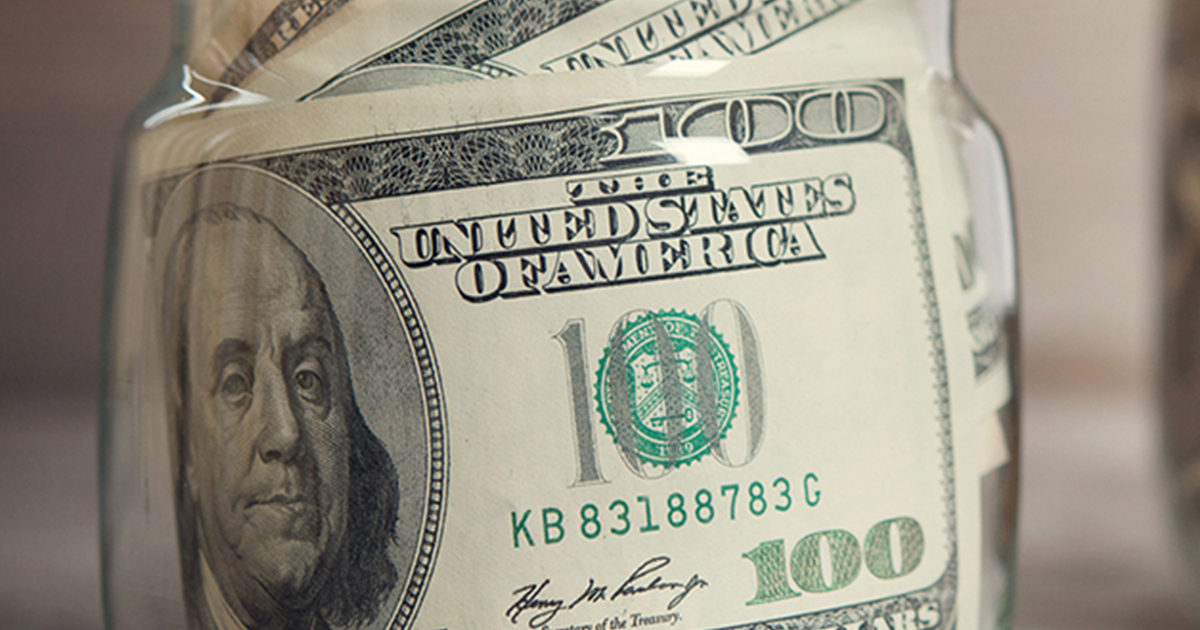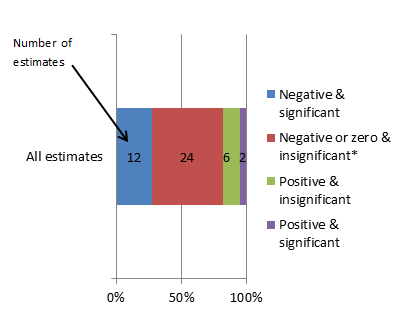What Happens When We Help Poor People with Cash Transfer Programs

By:
A recent study published in the journal Economic Development and Cultural Change debunks the myth that giving cash to poor people will lead them to spend more on tobacco and alcohol.
 Bigstock/szefei - bigstockphoto.com
Bigstock/szefei - bigstockphoto.com
It turns out that governments with cash transfer programs — which provide low-income citizens with cash stipends, conditionally or unconditionally — are onto something. Researchers at the World Bank and Stanford University discovered that cash transfer programs are actually associated with reduced spending on booze and cigarettes.
The researchers looked at 19 studies that explored the influence of cash transfer programs on alcohol and tobacco expenditures, and not a single one of those studies turned up evidence of increased spending in those categories, Quartz reported. Then the researchers conducted a meta-analysis that combined the results of all 19 studies and found that, overall, cash transfers led recipients to spend less on these items.
 Andreas Lever - flickr.com
Andreas Lever - flickr.com
"This negative result is supported by data from Latin America, Africa, and Asia, for both conditional and unconditional cash transfer programs," the study authors concluded. "A growing number of studies therefore indicate that concerns about the use of cash transfers for alcohol and tobacco are unfounded."
A previous meta-analysis of cash transfer studies conducted by the World Bank in 2014 reached a similar conclusion. Researchers reviewed 44 estimates of alcohol and tobacco spending among cash transfer program recipients and found that "the vast majority of estimates (82 percent)" showed recipients spent less on alcohol and tobacco. Only two percent showed recipients spending more on those expenditures.
As this graph shows, 12 estimates showed a significant negative effect on tobacco and alcohol spending, 24 studies showed an insignificant negative effect, and eight estimates showed a positive effect on spending in those categories, with only two considered significant.
 World Bank - worldbank.org
World Bank - worldbank.org
The World Bank's David Evans and Stanford University’s Anna Popova described three theories that attempt to explain the study outcomes.
- The first, called the substitution effect, applies only to conditional cash transfer programs; governments that require cash transfer recipients to allocate additional funds for education and health purposes, for example, would presumably leave them with less cash to spend on frivolous items.
- The second theory is called the "flypaper effect." The idea here is that recipients actually respond to "strong messaging" from governments to use the cash to "buy goods and services which improve the nutritional, educational and health status," rather than waste it on "on drinks and other unproductive items."
- Last, Evans wrote, "many cash transfer programs are targeted at women, especially in Latin America," and evidence indicates that "shifting resources into the hands of women means more spending on children (and therefore potentially less spending on alcohol)."
Whatever the actual reason behind this trend, the evidence all points back to one conclusion: giving cash directly to those in need isn't wasteful and, in fact, it cash transfer programs appear to do more than simply provide a financial safety net to recipients.
